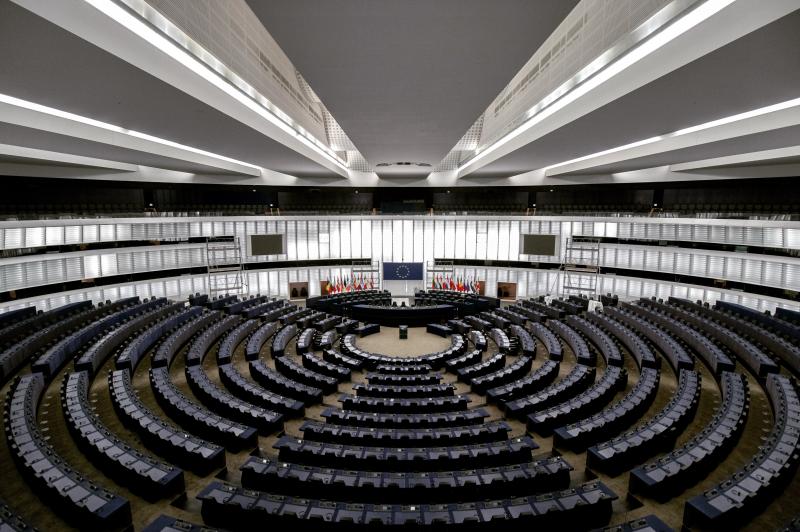European Law and Economics
 Law and economics interact in many ways. Private law helps in the formation of economic agreements in a free market, while public law tries to correct for the effects of a free market system through economic and social regulation. Economists should be knowledgeable about the legal environment in which economic activities must be conducted, while lawyers should be aware of the economic consequences of the applicable legal regulations and the expected outcome under a different legal regime.
Law and economics interact in many ways. Private law helps in the formation of economic agreements in a free market, while public law tries to correct for the effects of a free market system through economic and social regulation. Economists should be knowledgeable about the legal environment in which economic activities must be conducted, while lawyers should be aware of the economic consequences of the applicable legal regulations and the expected outcome under a different legal regime.
Law and Economics constitute a nexus of two fundamental sciences of the society, enabling a multifaceted study of its important problems. However, for an economy that participates in the Eurozone, this nexus is determined to a large degree by the European reality. European law comprises a special legal order, separate from the national legal orders of the Member States, and is governed by its own specific principles, while it prevails over the national law of the EU Member States. At the same time, economic policies at both the microeconomic and macroeconomic levels are affected by European economic policies.
The specialization, European Law & Economics, endeavors – through economic and legal analysis – to explain the economic behavior of businesses and economic policy makers in light of various legal and economic constraints in the context of the European Union. The Programme is a combination of two specializations of a previous Master’s Programme of the Department of International and European Economic Studies: the specialization of European Studies for Executives of Businesses and Organizations and the specialization of European Economic Policy. These specializations were offered for more than ten years by the Department of International and European Economic Studies, which has four Jean-Monnet chairs and is recognized as a Center of Excellence by the European Union.
The main characteristic of the specialization European Law & Economics is the combination of interdisciplinary training and practical experience in the analysis of the economic, institutional and political reality of the European Union. Having a solid understanding and deep knowledge of this reality is more relevant today than ever before.


